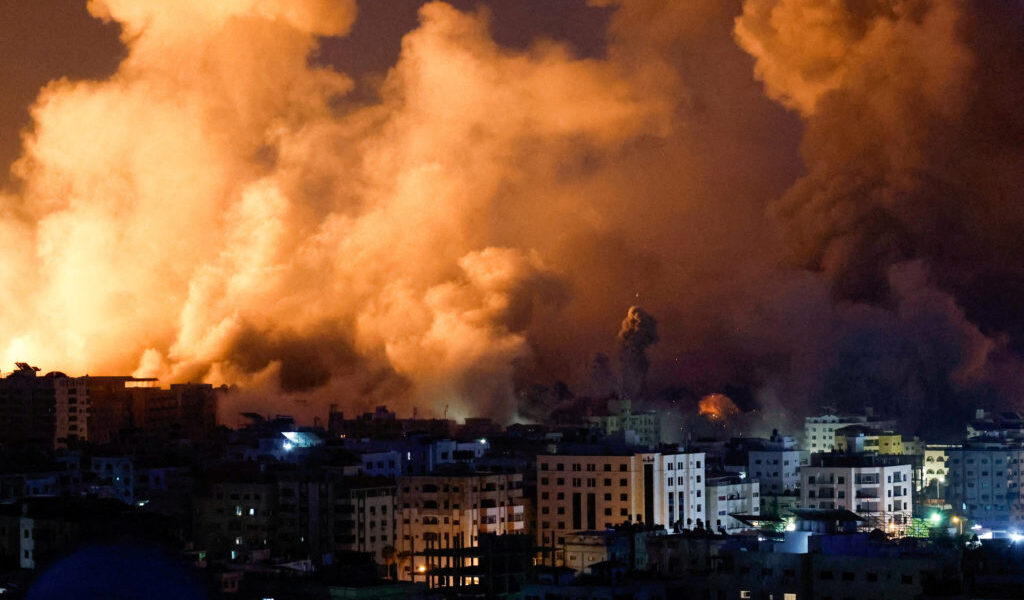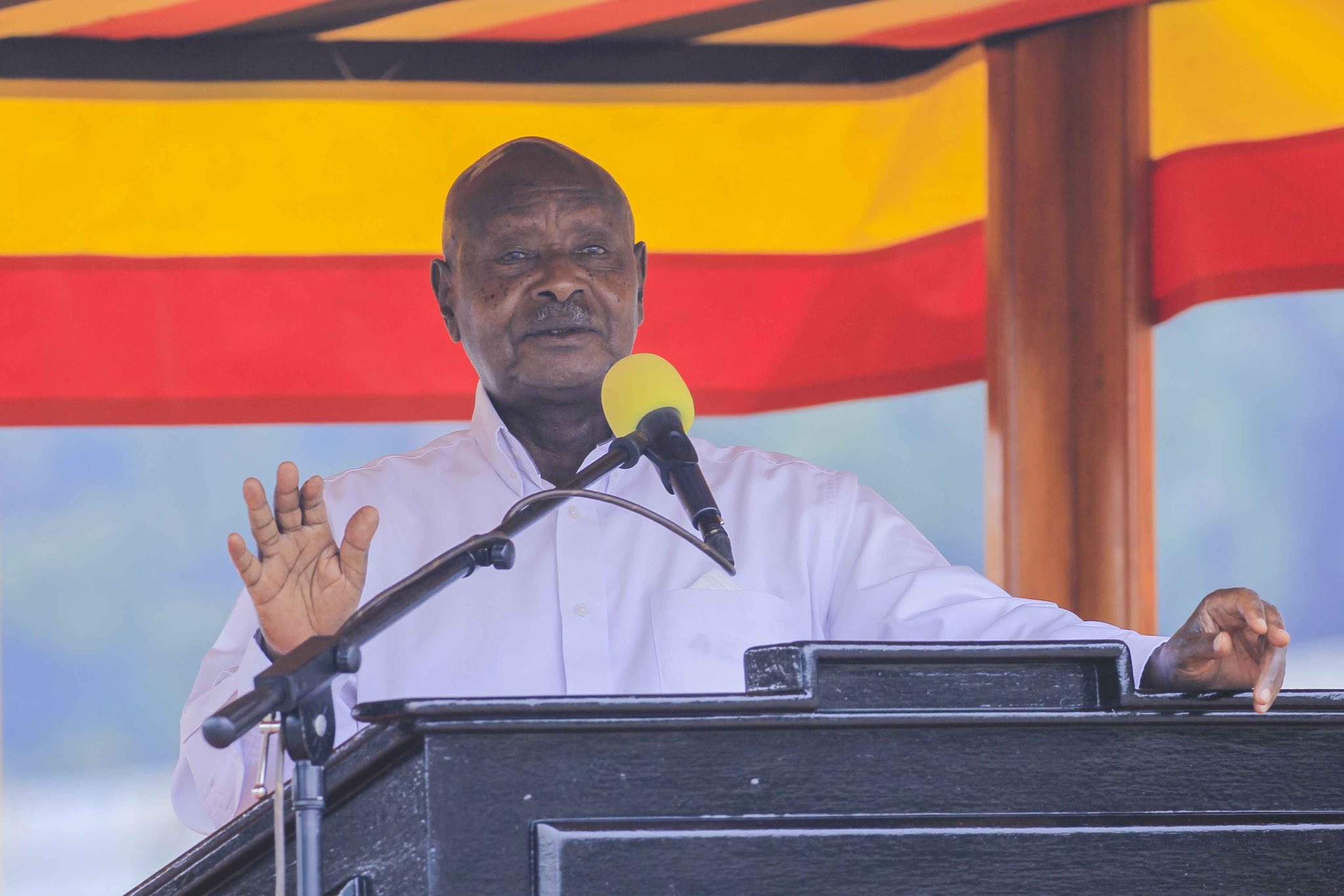Tensions in West Asia have reached a critical juncture as Iran warns of a major response to Israel’s October 26 airstrikes. The complex situation is further intensified by the upcoming U.S. presidential election, which adds a layer of political sensitivity to the region’s unfolding events.
Iran’s Leaders Stand Firm on Retaliation Strategy
Iran’s Supreme Leader and President Masoud have made clear statements, reinforcing that Iran is prepared to respond with force to any aggression. According to officials, Iran is ready to deploy advanced weaponry, targeting locations not previously struck, if deemed necessary.
Iranian authorities have stressed the strategic use of all available resources, signaling that “Zionist aggression” will not go unchecked. This response may involve expanding the reach of Iran’s ballistic missile capabilities, a potential shift that underscores the high stakes and Iran’s determination in this confrontation with Israel.
Israeli Airstrikes Raise Escalation Risks
The recent Israeli airstrikes have hit key Iranian air defense positions, exposing critical vulnerabilities. So far, Israel has refrained from attacking Iranian oil and nuclear sites, but this approach could change if Iran follows through on its threats. Meanwhile, the United States has increased its military presence in the region, deploying B-52 bombers, Navy destroyers, and other assets, as the Abraham Lincoln Carrier Strike Group is set to depart.
U.S. Election Adds a Strategic Element
With the U.S. election approaching, Iran is closely watching the American political landscape. Tehran may consider scaling down its response if conflicts in Gaza and Lebanon escalate further, offering a potential path to de-escalation. Nevertheless, the possibility of intensified conflict remains significant as regional powers navigate an increasingly tense situation.
West Asia stands at a pivotal moment, where any miscalculation could have global repercussions, underscoring the intricate web of alliances and rivalries shaping the region’s future.






